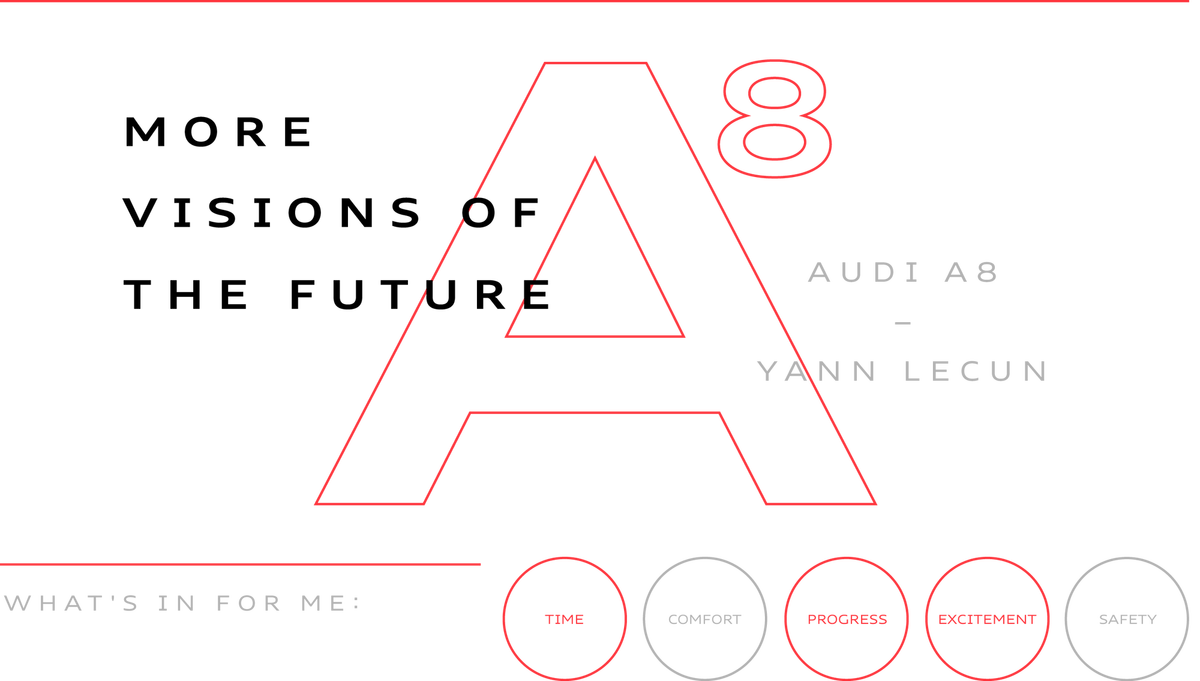
What if computers understood the world like people do, so they could complement us as partners by being able to predict things, asks Yann LeCun.
This vision has had a hold on Yann LeCun ever since he was a university student in Paris nearly 40 years ago. His passion: neural nets, or software that is capable of learning because its micro-lessons and experiences build upon one another until they form a big picture. The problem was that the phrase “artificial intelligence” itself had sparked too many false hopes for too long. LeCun’s fantastic networks were out on the fringe, dismissed by most experts as bizarre.
So LeCun settled in as a researcher at the legendary Bell Labs and later at AT&T. Finally, in 2003, he and two colleagues at New York University laid the groundwork for the machine learning that is expanding so exponentially today. That feat earned the trio the nickname “Deep Learning Conspiracy,” which industry colleagues use only half in jest.
In the past decade and a half, LeCun’s view of the AI universe has become a standard model all major tech companies use to tag images, understand text, facilitate ride-hailing services or beat people at strategy games. Since 2013, the Frenchman has been at the helm of Facebook AI Research (FAIR), whose Manhattan headquarters set it apart from West Coast-based organizations. FAIR’s team of some 80 researchers are tasked with paving the way for AI to permeate every possible corner of the connected consumer world.
“The essence of intelligence is the ability to predict,” the computer expert explains. “If you can predict what’s going to happen as a consequence of your actions, then you can plan a sequence of actions that will reach a particular goal.” Until now, the problem has been computers’ inability to choose the only right solution from among various possible correct answers, because software lacks plain common sense. Learning without human supervision, i.e. many iterations of trial and error, is designed to compensate for this deficiency.
Within a decade, LeCun believes, AI will virtually be able to keep up with people: “Machines that can hold a conversation; machines that can plan ahead; machines you don’t get annoyed at because they are stupid.” What’s the best way to get there? One possible path he is excited about is adversarial training, which pits one AI system against another. “That is the best, coolest idea in machine learning in the last 10 or 20 years.”

Computers with common sense.